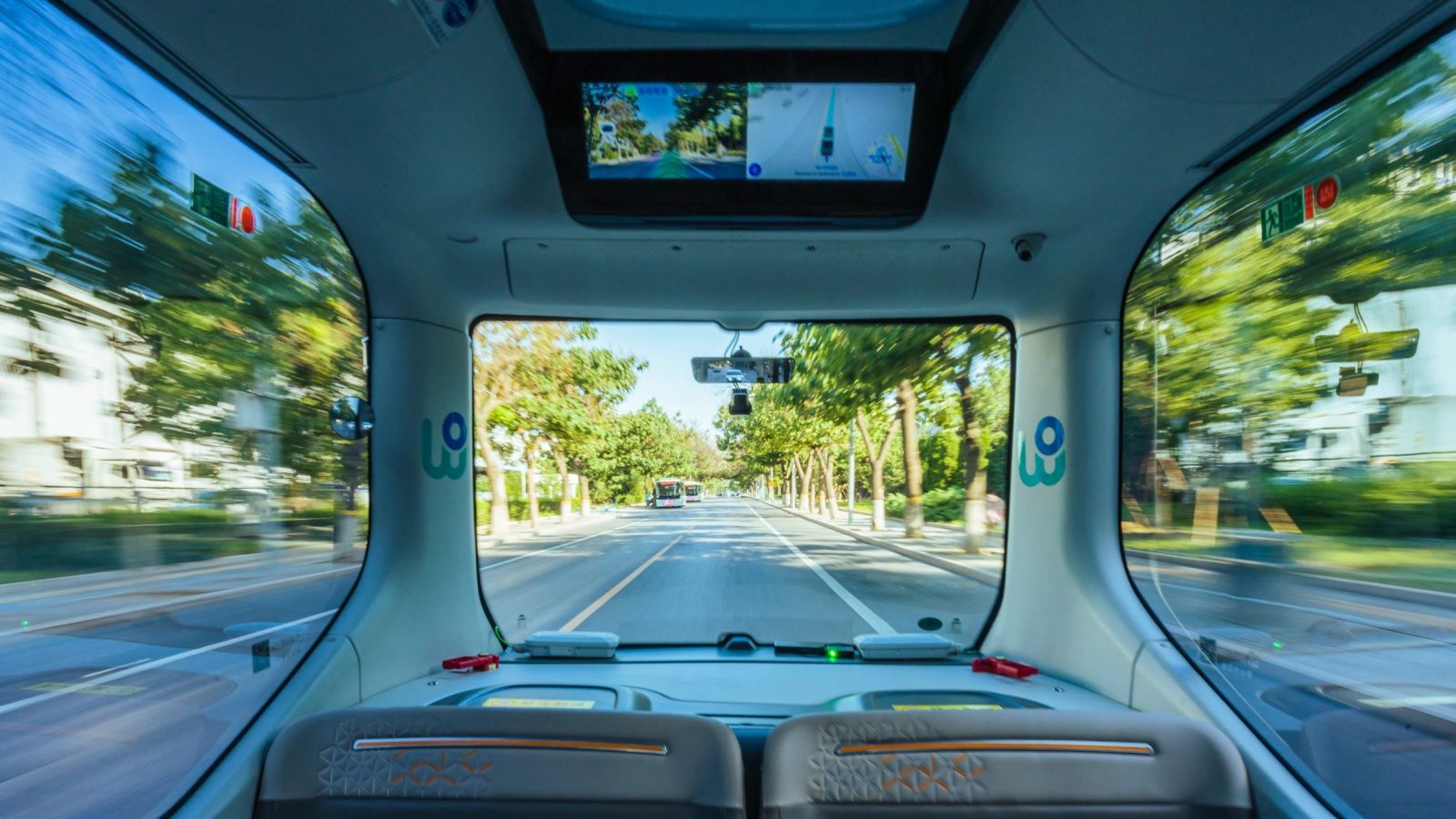Singapore’s 6 million people live in an island country only 12 times bigger than Manhattan Island (which for contrast houses 1.6 million people). This makes them an ideal early-adopter for Level 4 self-driving vehicles. They work in geo-fenced areas that are well-mapped, which describes the entirety of this tiny country.
Level 4 robot-taxis, needing little human oversight, finally had their moment in 2024. Commercial services are now in operation in several US and Chinese cities. Their global expansion will be rapid from now on, and 2025 might mark the year they enter wider public consciousness.
Use its scarce land more efficiently
Cars
🤦
The logic with taxis is that rather than everyone have an individual car, people use them as needed, so 1 car serves dozens of people.
A car serves maybe two people for a day. A taxi serves maybe four people in an hour. A bus serves several dozen people in an hour. A train serves hundreds of people in an hour.
I am aware that Singapore has a world class train network already, but any money spent on car infrastructure instead of train infrastructure is, if you ask me, wasted, especially in a city as dense as Singapore.



